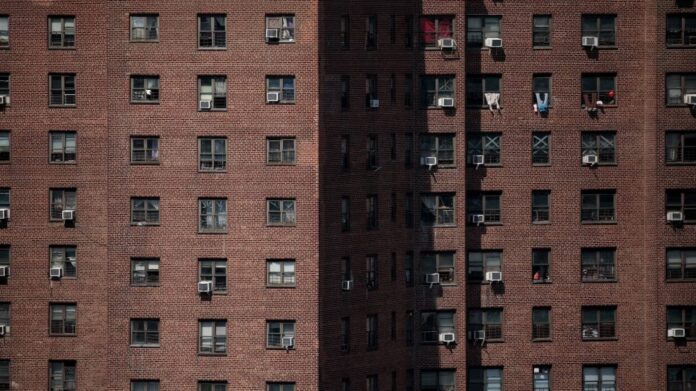Black Americans face systemic racism in all sectors
By Jeph Ajobaju, Chief Copy Editor
Systemic racism in the United States, which President Joe Biden is not happy about and is confronting head on, has its vile tentacles in all facets of life stacked against Latinos, Blacks, and Asians.
Historical segregation in education, housing, public transport, marriage, health care, and so forth has been outlawed through agitation by Blacks and their White allies.
But the effects of racial prejudice dating back five centuries are still felt. Especially where existing physical monuments make it easy to discriminate. Like in housing.
Black households in the United States, particularly those considered to be “low-income,” pay “significantly” more to satisfy their energy needs than White households.
A working paper released by the University of California, Berkeley, Energy Institute at Haas says the “disproportionate costs” result in a Black household energy burden that perpetuates wealth and housing disparities.
Residential electricity, natural gas and other home-heating fuel expenditures were found to be “statistically and economically significantly higher for Black households than for White households.”
__________________________________________________________________
Related articles:
In the US, even ‘climate racism’ exists
Tackling US racism requires attitudinal change
US now more diverse, multiracial, as minorities cut 43% in census
__________________________________________________________________
Black renters pay $273 more yearly
Study author Eva Lyubich examined American Community Survey data from 2010 to 2017 and found that Black renters pay $273 more each year than their White peers, after controlling for certain factors such as income and household size.
The research, reported by S&P Global Market Intelligence, found that Black homeowners annually pay $408 more for energy than White homeowners and “the gap is largest for low-income households.”
The degree to which housing is energy-efficient may explain some of the disparity.
“Conditional on income, Black households are more likely to report that their home is drafty,” the paper said, citing data from the 2015 Residential Energy Consumption Survey.
“They also report fewer Energy Star qualified appliances and home features, and are less likely to have received a rebate or tax credit for having upgraded an appliance.”
The findings are in line with recent calls from the Natural Resources Defense Council (NRDC) to combat what it called racial inequities in the efficiency sector.
Escaping the energy trap
“Energy efficiency programs – such as installing insulation or efficient appliances – can … help alleviate some of the pervasive challenges faced by low-income people and communities of color,” NRCD Energy Efficiency Director Lara Ettenson wrote in a blog post.
She said Black Americans can achieve this by saving their household money, cutting down on pollution, improving health and fighting the “climate crisis.”
Lyubich, a UC Berkeley PhD candidate in economics, tweeted that while her study is a “work in progress” and she hopes “to get better data and say more soon,” she says the issue is something that economists “need to be talking about.”
“Differential energy burden is one of many reasons Green New Deal proposals are centered on economic, environmental, and racial justice,” she explained.
“Our energy system does not exist in isolation from systemic racism or other inequalities … and if we’re going to address the climate crisis, we cannot rely on policies that pretend that it does.”
Lyubich acknowledged that her results are limited, as “energy expenditures are self-reported on an annual basis,” and should be taken as “suggestive … not causal.”
However, she said, the paper “contributes to a broad set of evidence that Black Americans bear a disproportionate burden of the current energy system, both through disproportionate pollution and … through disproportionate costs, likely at least in part as a result of persistent disparities in wealth and housing.”
The Energy Institute at Haas focuses on “a more economically and environmentally sustainable energy future” and lists an array of funders that includes a number of investor-owned and municipal utilities.
Among them are Los Angeles Department of Water and Power and Southern California Edison Co., as well as the California Public Utilities Commission, California ISO, Google LLC, and foreign governmental entities.












